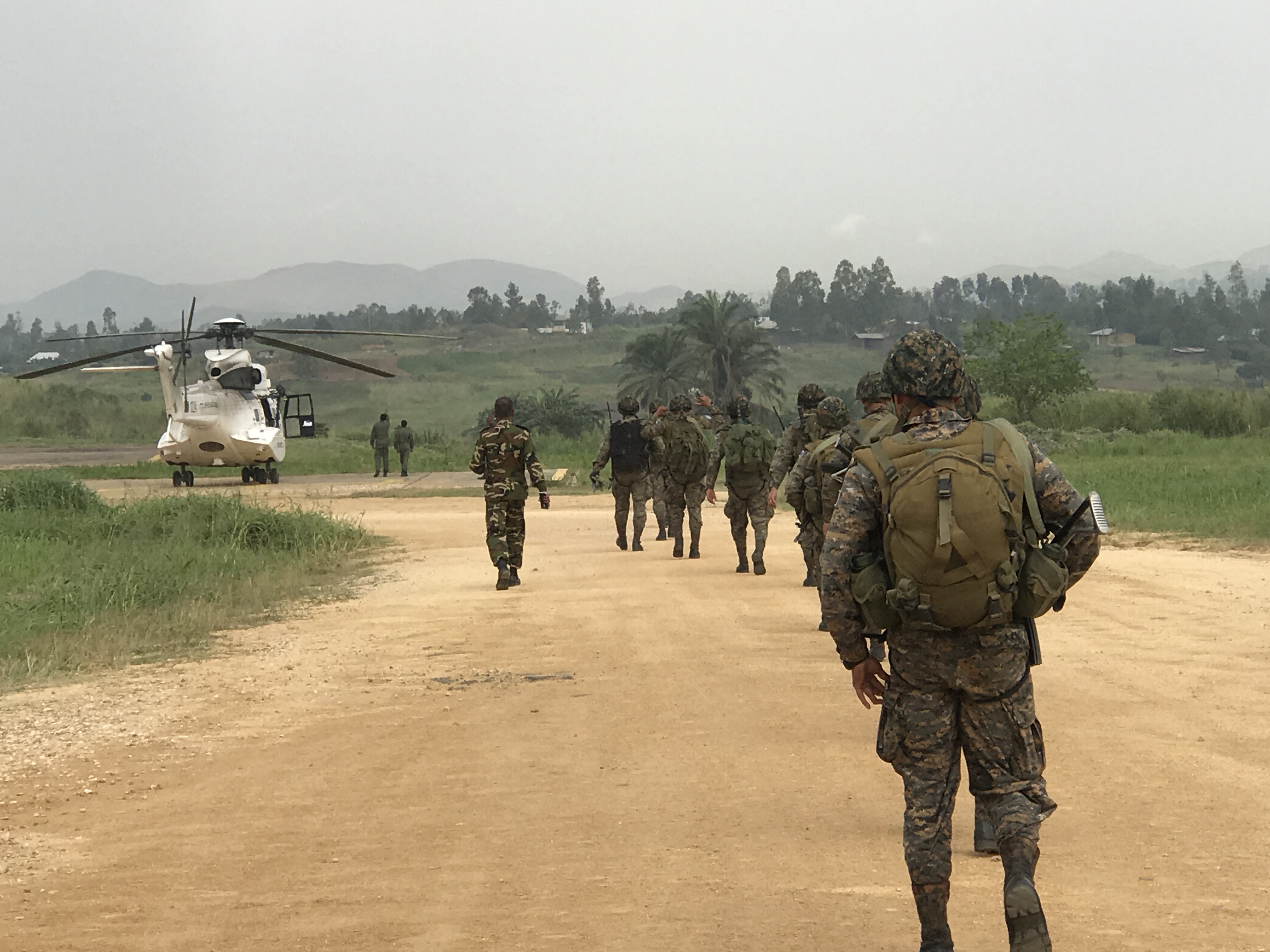By Cullen Hendrix for Denver Dialogues.
Last year, I was involved in an edited volume project entitled What Do We Know about Civil Wars? The goal was to synthesize and critique the state of the literature on the onset, duration, outcomes, and recurrence of civil wars, as well as their long-term effects. This year, I’ve become increasingly interested in a different question: what wars – civil and otherwise – do we know about? Scholars lavish incredible amounts of attention on some conflicts while others are relegated to the dustbin of history. This likely has important consequences not just for the bounded nature of our scholarly understanding of conflict and conflict processes, but also for the types of mental models that inform policymakers’ day-to-day work.
Let’s start with interstate war, a comparatively rare phenomenon. As I’ve pointed out in the past, the Correlates of War project identifies 95 traditional interstate wars – those pitting two or more sovereign states against one another, like the Sinai War of 1956 or the Vietnamese-Cambodian Border War of 1977-1979 – for the period 1816-2007. Most of these were relatively minor. Five conflicts – the World Wars, the Iran-Iraq War, the Vietnam War (second phase, 1965-1975) and the Third Sino-Japanese War – account for ~90% of all recorded combatant deaths. I would wager most IR scholars couldn’t name more than half of the wars on the list. I’m quite sure I can’t.
Now, it will come as no shock that a staggering amount has been written about the two World Wars. These cataclysmic events led to human suffering on a previously unimaginable scale and birthed the post-war political and economic order that is with us to this day (as of February 6, 2017 at 3:48 PM – things are moving pretty fast these days). Beyond those wars, however, there are pretty significant differences in which conflicts have been subjected to rigorous academic scrutiny, even accounting for obvious indicators of conflict magnitude. Using Google Scholar references as a quick-and-dirty approximation of scholarly interest, for instance, for every study referencing the Iran-Iraq War (1980-1988) – a war that claimed over one million lives on the battlefield – there are almost 20 referencing Vietnam. If books are your preferred metric, the 1864-1870 War of the Triple Alliance in South America claimed more lives than the Crimean War fought a decade earlier, but only the Crimean War would bankrupt you if you tried to build a personal library around it – at least in English, the lingua franca of scientific and social scientific communication. This may mean our case-based knowledge around war is subject to unacknowledged scope conditions that are present in the idiosyncratic set of cases we know well.
I’m sure there are some good reasons for differences in scholarly interest in particular conflicts, but I suspect there are bad – or at least unintended, unacknowledged – reasons for them as well. Part of it may be US or Western bias in international relations scholarship (see this Tickner and Waever edited volume on the subject), with more attention paid to wars occurring in the West or involving Western combatants. Also, there are likely market incentives at work, with scholars encouraged to study already well-studied cases. Even if initial case selection was done for highly idiosyncratic or biased reasons, once those early studies have been published, researchers seeking to improve upon or extend those analyses face strong incentives to conduct their work around the same cases. If you want to build a career studying territorial claims and conflict initiation, your safest bet is to write about the same cases others write about. The Ecuadorian-Colombian War of 1863 might be the most logical choice for your least-likely case research design, but it may be too in the weeds for many reviewers or hiring committees. This last point relates to the streetlight effect, or the tendency for researchers to focus on particular questions, cases, and variables for reasons of convenience or data availability rather than broader relevance, policy import, or construct validity. Some wars are simply easier to study than others – and the benefits greater.
All of this may seem like inside academic baseball, but I think it has significant policy import as well. To the extent policymakers have studied war and peace, their studies have likely been dominated by work on the largest, most dramatic and perhaps most atypical conflicts. Thus, the mental models they apply to their decisions are informed by understandings of cases that may be misleading. In the run-up to the US-led coalition invasion of Iraq in 2003, many senior officials in the Bush administration claimed that coalition forces would be greeted by the Iraqis as liberators and that occupation would be both short-lived, relatively peaceful and inexpensive, and provide a beacon of hope for pro-democracy movements in the broader Middle East. And why not? That’s what had happened in France, Germany, and the Netherlands, right? But as Andy Enterline and Michael Greig demonstrated in a series of articles on imposed regimes, the conditions in Iraq did not augur for a peaceful, stable outcome there. Crucially, their analyses hinged on comparisons across a broad, representative sample of imposed polities – not just those that were most dramatic or most successful.
Hopefully, when scholars seek to inform policy debates, we will be circumspect – not just about what we know about wars, but about how it is intimately related to the wars we know about.







2 comments
Very nice post. Great for research methods, but also for thinking about the scholar-policy nexus and how the real world shapes what we study and then how that shapes what our students (future policy makers) learn. Cullen, see also the new paper in JCR by Jake Shapiro and Christoph Mikulaschek, where they attempt to review all the papers written about conflicts in Iraq and Afghanistan over the past 15 years. Some really interesting insights that speak to your broader point… http://journals.sagepub.com/doi/full/10.1177/0022002716669808
Great post! We were talking about something similar and related in class today – whether the lack of focus on unsuccessful revolutionary movements limits what we know about the causes of revolutions or the dynamics or revolutionary conflicts. Some of this can be fixed by focusing on mobilization and contention more generally rather than conflict/war and success.